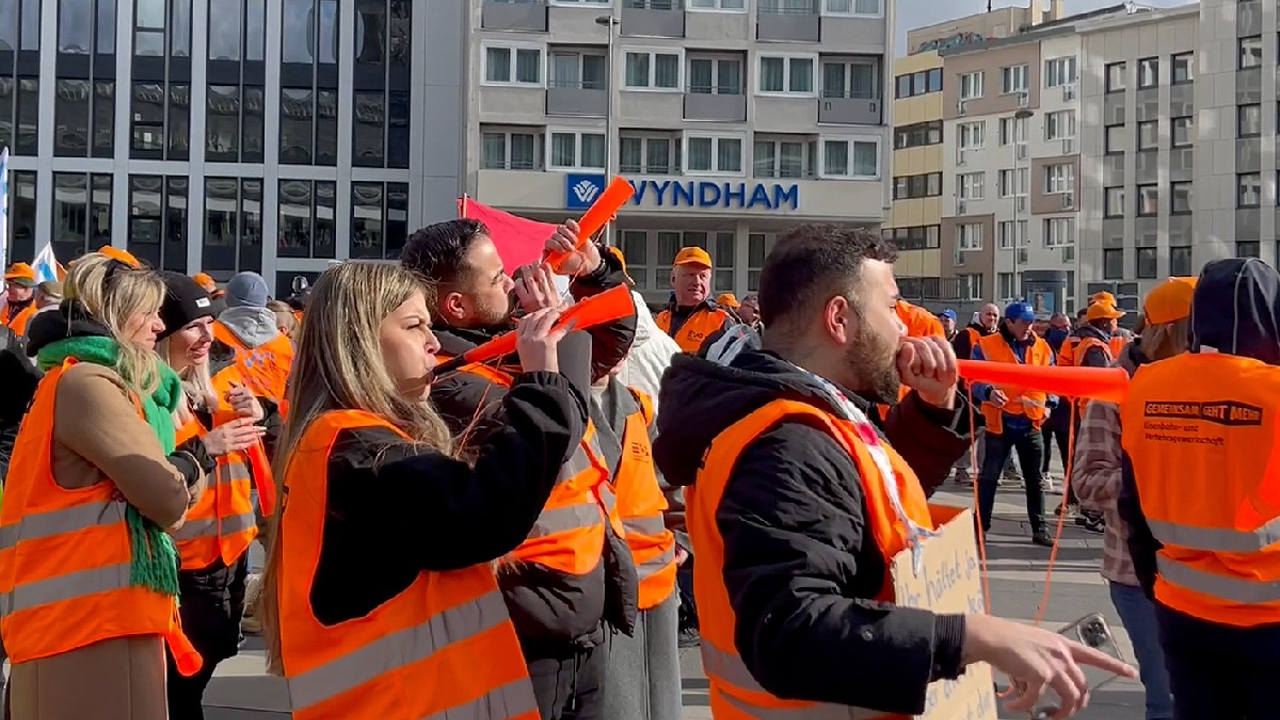Price hike negotiations in Germany ended negatively
While the strikes of public sector workers in Germany continued for a while, the negotiations between the Ministry of Interior and trade unions were continuing. However, the negotiations, which lasted for three days, yielded negative results.

Negotiations came to a dead end on Thursday as public sector workers in Germany continued to ask for a raise. Three days of negotiations ended in failure.
"In the end, we had to conclude that the differences could not be bridged," said Frank Werneke, head of the Verdi union, in Potsdam on Thursday morning.
The head of the German civil servants' association DBB, Ulrich Silberbach, also made a similar statement on behalf of his union.
Shortly afterwards, Federal Minister of the Interior Nancy Faeser announced: "Our firm intention as employers was: we wanted to reach a good agreement for the more than 2.5 million employees of the federal and local public. We went a long way toward accommodating the collective unions. But the unions were not ready for an agreement."
MEDIATORS WILL BE ASSIGNED
According to the statement of the Ministry of Interior, mediation works will be carried out. Independent conciliators, who are previously appointed in the studies, will propose solutions.
Bids submitted within a certain period of time will then be renegotiated by the collective bargaining parties.
During the period of mediation, no strikes were allowed.
THE UNIONS DID NOT ACCEPT THE PROPOSAL
Faeser and Karin Welge, the negotiator for the chief, regretted that the union declared failure.
The employers had offered 8% more income and a minimum of €300 euros ($325), as well as a one-time payment of €3,000 ($3,251).
Verdi and DBB are demanding 10.5% more income, but at least €500 ($541) more per month. This minimum amount is of particular importance to the unions, as it is intended to compensate employees with lower incomes for high inflation.
(AA)







